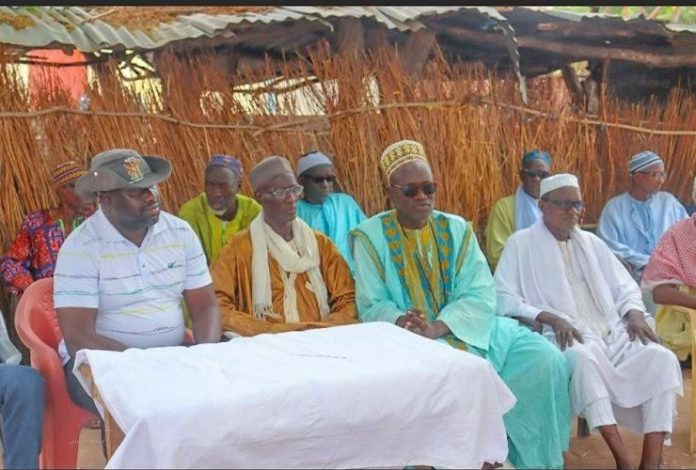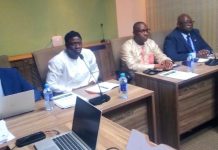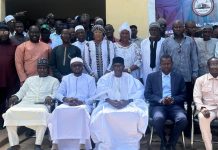By Kebba AF Touray
Members of the Gambia’s Parliamentary Joint Committees on Agriculture and the Environment have embarked on an investigative oversight mission into the activities of the seasonal and traditional movement of herders together with their livestock in The Gambia.
These herders move from Senegal to the North Bank (NBR), Central River (CRR) and Upper River Regions (URR) of the Gambia. The Joint Committee is tasked by the Assembly’s plenary after a motion was tabled by the Hon. Member for Central Badibou, Hon. Sulayman Saho, on the challenges and impacts brought about by the activities of these traditional pastoralists and the dangers they pose to provincial communities.
The practice has increasingly led to tensions in the country due to the impact it has on crop destruction and deforestation, and the occasional clashes that happen between the seasonal pastoralists and villagers in these communities, prompting calls for a parliamentary investigation into the matter.
The committee aims to assess the situation by engaging with affected communities and the pastoralists, to gain firsthand information on the matter, and to recommend the right policy measures that will address the challenges through public hearings and spot checks.
Hon. Omar Darboe, co-Chairperson of the Joint Committee, in his address, highlighted the importance of the investigations in finding a balance to preserve the forest and protect the lives of communities on one hand, and preserving the ECOWAS protocol on the free movement of people, goods and services on the other.
Community leaders in the NBR, CRR and URR welcomed the investigations and made reference to their enormous losses due to cattle and sheep rustling, and violence brought about in their communities by these seasonal pastoralists.
In the same vein, the seasonal pastoralist also argued that limited grazing grounds and climate change have forced them to seek new, greener pastures in the Gambia for their livestock. The committee is expected to compile a report with findings and recommendations for the Members of the plenary.
ABOUT THE INVESTIGATION:
If readers can recall, the above investigation came following a motion that was tabled on the 16th of March 2025, before members of the National Assembly by the Hon. Member for Central Badibbu, Hon. Sulayman Saho, during the First Ordinary Session of the Gambia’s legislature in the 2025 Legislative Year.
During that session, Hon. Saho raised a question for the Environment Minister, Rohey John Manjang, on whether she was aware of the environmental hazards caused by livestock herders who cross into the Gambia and if so, what action(s) could be taken to stop the act which has generated violence between regional communities and the seasonal pastoralists.
In response to the Hon. Saho’s questions, Environment Minister Manjang assured that they will work with their fellow relevant Ministries to address the menace.
However, during their intervention on the matter, lawmakers also raised serious concerns and alleged that the intrusion by these traditional pastoralists threatens the security of communities, particularly those along the country’s borders and forest lands.
Moving the motion under Standing Order 53 (K) of the National Assembly, Hon. Saho said they should task the Select Committees on Agriculture and Environment to probe into the matter, and submit their findings to the plenary. He justified that the matter is of grave concern and is leading to conflicts in certain Gambian communities, especially between women vegetable growers and herders, as observed in certain countries within the sub-region, where it has caused tremendous violence in many communities.
After the adoption of the motion, the joint Committees are well into their investigations and will report their findings to the plenary remedial action in 90 days or approximately three months, which has been given to them by the plenary.



















